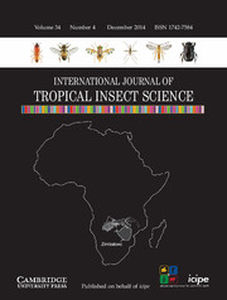No CrossRef data available.
Article contents
Problems of vector-borne diseases and irrigation projects
Published online by Cambridge University Press: 19 September 2011
Abstract
In many tropical countries, increasing use is being made of irrigation to grow more food for the world's expanding population, but as well as bringing benefits irrigation also causes problems. The proliferation of standing water provides numerous habitats for snail intermediate hosts of schistosomiasis and mosquito vectors of diseases such as malaria and filariasis. Thus, while irrigation schemes can be successful in providing more food they may be accompanied by increases in vector-borne diseases. In some schemes resettlement of people creates overcrowding and slum conditions which can result in a deterioration in general health and hygiene, facilitating the spread of water related diseases such as cholera, typhoid and various dysenteries. Efficient vector control, supported by the people, is needed to reduce the undesirable effects of irrigation.
Information
- Type
- Research Article
- Information
- International Journal of Tropical Insect Science , Volume 5 , Special Issue 3: Perception and Management of Pests and Pesticides , June 1984 , pp. 227 - 231
- Copyright
- Copyright © ICIPE 1984

